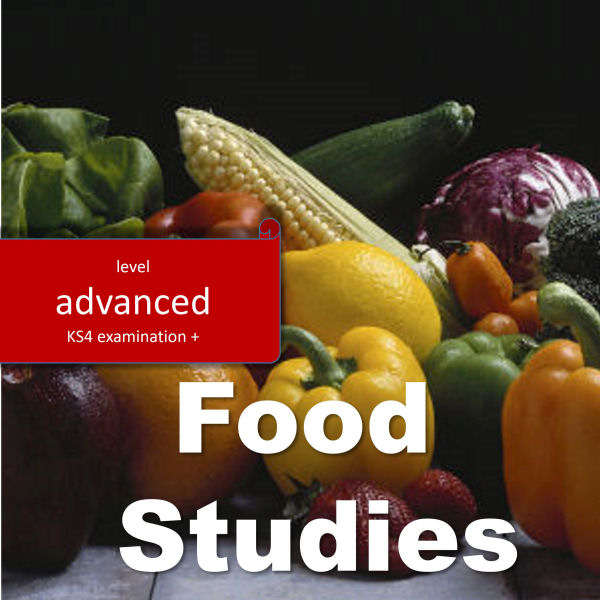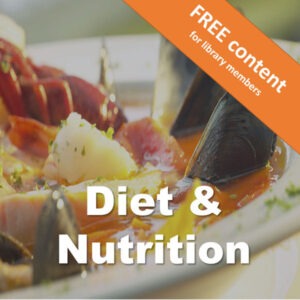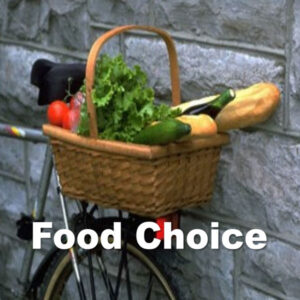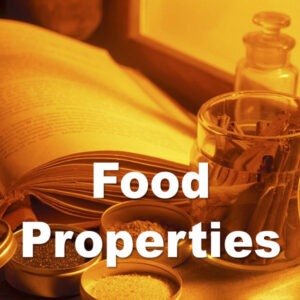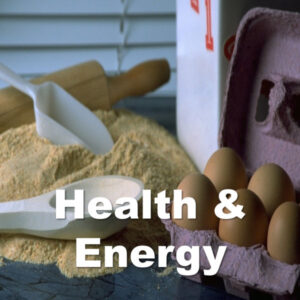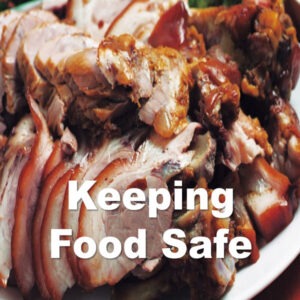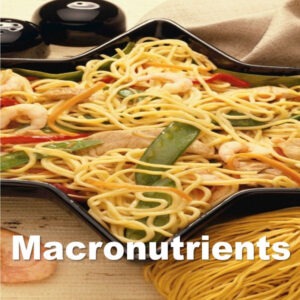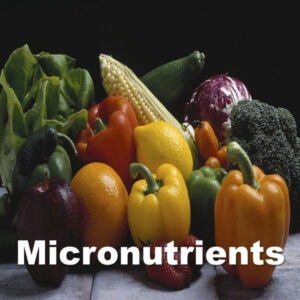Memberships:
Guest Membership is free with access to one full unit per subject and all course preview videos.
Student or Single Scholar Membership is £16 per term (4 months). This gives one person use of all the units and course resources for their chosen subject.
Group Memberships: (only available to verified teachers.)
* all group memberships give the teacher extra features including full group management, monitoring and progress checking of every student and detailed results down to individual question and response level, plus downloadable test materials.
These heavily discounted U.K education prices give 75% discount plus a full 1 year membership. This equates to a termly per student rate of just £1.33
Tutor Group Membership for 10 students is Annual price £40.
Class Group Membership for 30 students is Annual price £120.
Other payment and non subscription options are available to U.K. schools; contact us for details.
* memberships all have a 14 day cancellation period and are subscription based. On-going subscription payments can be cancelled at any time without penalty. see terms and conditions
Level – ADVANCED – First examination
Useage – Exam learning – Teaching – Revision – Course prep – Vocational – General interest
Coverage – COMPREHENSIVE – 95% + exam coverage
Age accessibility – 14 plus
Examination – UK GCSE – OCR and AQA plus others
Units – 10 full units, 36 topics – 8 steps per unit
Total Duration – 3 HRS + per unit
Progression – learn – explore – revise – test
Interactive Learning – Yes – all steps
Learning Checks – 5 per unit
Feedback – email – progress tracking for all. Xapi reporting for Class Group
Teacher/Class option available – Yes
Sample Unit – Yes
Subject Units
Lesson Box units follow the LEARN, EXPLORE, REVISE & TEST pathway with interactive presentations, keyword exercises, tasks, discussion or Q&A topics, revision summary, games, quizzes and tests.
What do nutrients do? The eatwell plate. A balance for health. Food guidelines. Eating for specific groups. Pregnancy and lactation. Food for growing children. Sport and diet. Weight control diet. Heart conditions and diet. Digestion related diet. Nutritional analysis. Nutrients in food. DRV’s. Adapting meals for specific needs.
Food choices. Moral choices. Activity and food choice. Food choice and income levels. Social eating. Ethical choices. Our senses and food choice. Taste. Food testing. Food evaluation. Sensory testing. Food labels.
The function of food ingredients. Properties of proteins and changes. Denaturation. Carbohydrates properties in cooking. Sugars properties in cooking. Dextrinisation. Other starch properties. Eggs, milk and fish properties. Dairy foods properties. Combining ingredients. Colloidal structures. Adding air, raising agents. Measurement, ratio and proportions. Changing and adapting recipes. Cake ingredients. Cake making. Bread ingredients.
Food confidence. Our food supply. Imported food. Organic food. Meat and poultry supply. Fish supply. Grown foods. Food law. Food production. Wheat processing. Milk and cheese processes. Beef cuts. Fish cuts. Food security. Food availability. Food waste. Food science and technology. Additives.
Diet related illness. Diabetes. Diverticulitis. Osteoporosis. Iron deficiency anaemia. Coronary heart disease. The western diet. Malnutrition. Obesity. Anorexia. Food intolerance. Sugars. Energy balance. Physical activity levels. Your BMR. Calculating calorie intake. Energy values.
Micro-organisms and enzymes. Food spoilage. Bacteria. Food poisoning and trends. Sources of contamination. Cross contamination. Buying and storing food. Food preparation safety. Hygiene. Storage. Cooking safety. Chilling freezing and defrosting. Date codes. Food industry safety practices. Preservation of food.
What food consists of. Nutrient requirements. Dietary reference values. Why we need protein. Protein sources. Protein complementation. Types of fats. Why we need fats. Choosing fats and cholesterol. Why we need carbohydrates. Sugars. Starches. Dietary fibre.
What are micronutrients? Vitamin types and functions. Vitamins and health. Water soluble vitamins. Fat soluble vitamins. Getting enough vitamins for health. Types and functions of minerals. Trace minerals. Calcium. Iron. Sodium. Hydration.
Why do we cook food? Changes during cooking. Cooking methods and their results. Food preparation techniques. Changing the qualities of a dish. Skills. Key knife skills. Preparing fruit and vegetables. Flour based foods. Cake making. Using eggs, fats and dairy. Moist cooking. Dry cooking. Frying. Preservation techniques. Acids and alkalis in cooking. Cooking equipment.
What influences food choice? Vitamins. Religious food choices. Multicultural food choices. What is cuisine? British cuisine. Salt. Traditional family meals. Food and shopping trends. Mediterranean diet. Moroccan cuisine. Moroccan dishes. Japanese cuisine and traditions. Japanese dishes.
Time spent..
on Food Studies so far..
to complete Food Studies ..

